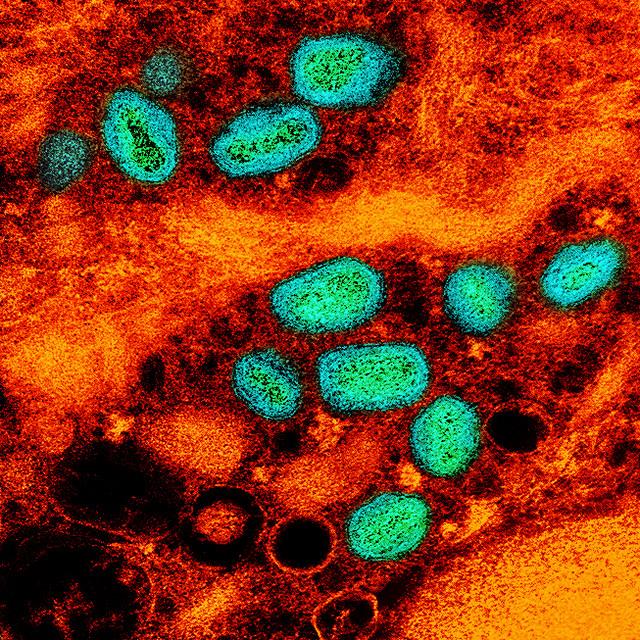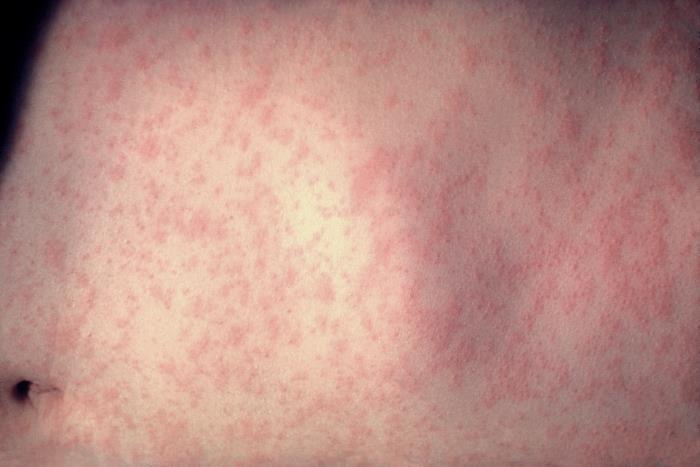National Institutes of Health (NIH) scientists from all 27 of its institutes and centers sent the NIH’s new leader Jay Bhattacharya, MD, PhD, a letter today that said newly introduced policies undermine the agency’s mission, waste public resources, and harm the health of Americans and others across the globe.

The 4-page document is titled the Bethesda Declaration, modeled after Bhattacharya’s Great Barrington Declaration, which in 2020 spelled out views from scientists who believed the COVID-19 lockdowns and other measures were excessive. The group sent the letter to Bhattacharya, Health and Human Services Secretary Robert F. Kennedy Jr., and certain members of Congress and posted it publicly on the Stand Up for Science website.
The document was signed by name by 92 NIH researchers, program directors, branch chiefs, and scientific review officers. Another 250 signed the letter anonymously, according to the Associated Press (AP).
Shared commitment to academic freedom and dissent
Letter signatories said they appreciated the commitments Bhattacharya made to academic freedom and support for dissent at his confirmation hearing and in other forums since then. Then they detailed their concerns about the Trump administration’s actions under his leadership, which they said have politicized research, scrapping nearly finished studies and interrupting study participant treatment.
Also, the group objected to interruptions in global collaboration, undermining of peer review, a blanket 15% limit on indirect research costs, and the firing of essential NIH staff.
In response, Bhattacharya said on X today that dissent in science is productive, but he said the Bethesda Declaration has fundamental misconceptions about recent NIH policy decisions, some of which he said are designed to remove ideological narratives that he says clouds the science. He also said global partnerships require more transparency about who is doing the work and that the peer review directives are misunderstood. He also added that staffing levels will evolve with changes in NIH priorities.













